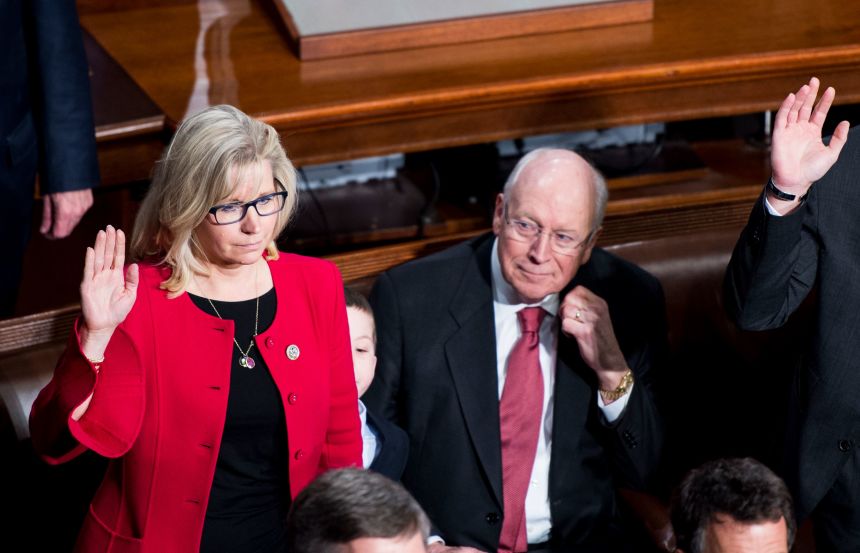

Overview
The political journeys of Liz Cheney and her father, Dick Cheney, highlight a deep generational and ideological divide within the modern Republican Party. Once united by family ties and conservative principles, the two now symbolize competing visions for the future of American conservatism.
Dick Cheney: The Establishment Conservative
Dick Cheney rose to prominence through decades of public service, culminating in his role as Vice President under George W. Bush. Known for his influence in shaping U.S. foreign policy and strengthening executive authority, he embodied the traditional Republican values of national security, strength, and party unity.
Liz Cheney: The Republican Rebel
Liz Cheney, once seen as her father’s political heir, has charted a markedly different course. As a congresswoman from Wyoming, she gained national attention for opposing former President Donald Trump and warning against what she saw as threats to democracy. Her outspoken defense of constitutional principles placed her at odds with much of her party’s leadership.
A Personal and Political Divide
The Cheney family’s political split reflects two distinct eras of Republicanism.
-
Dick Cheney represents the institutional conservatism that values order, experience, and party loyalty.
-
Liz Cheney stands for a new conservative faction focused on integrity, accountability, and democratic preservation—even if it means defying her party.
Despite their differences, both share a commitment to American ideals, though their interpretations of how to defend them have diverged sharply. The father and daughter, once united in purpose, now represent opposite ends of a profound ideological transformation.
Implications for the Republican Party
The Cheneys’ divide underscores a larger struggle within the GOP—between traditional conservatism and a newer brand of populist nationalism. Liz Cheney’s challenge to her party’s direction has made her a controversial yet consequential figure in U.S. politics.
This family story mirrors the broader debate shaping American conservatism: a tension between loyalty and principle, unity and dissent, legacy and reform.
Conclusion
The Cheneys’ journey—from partnership to political opposition—illustrates the deep redefinition of what it means to be a Republican in the 21st century. Their story is not just about family or politics, but about the future of American democracy itself.
تعليقات
إرسال تعليق